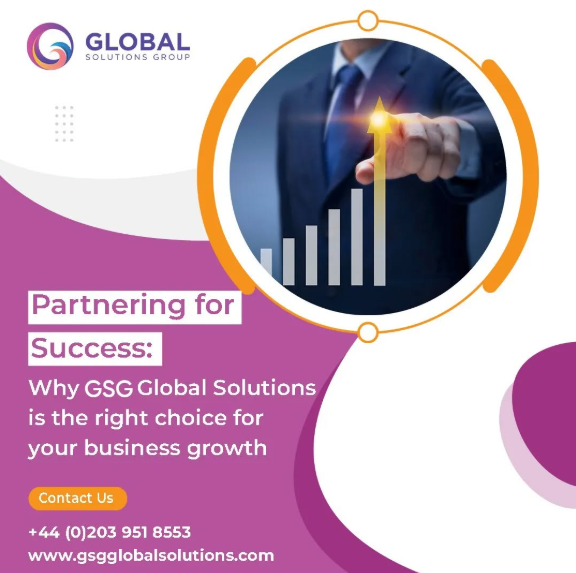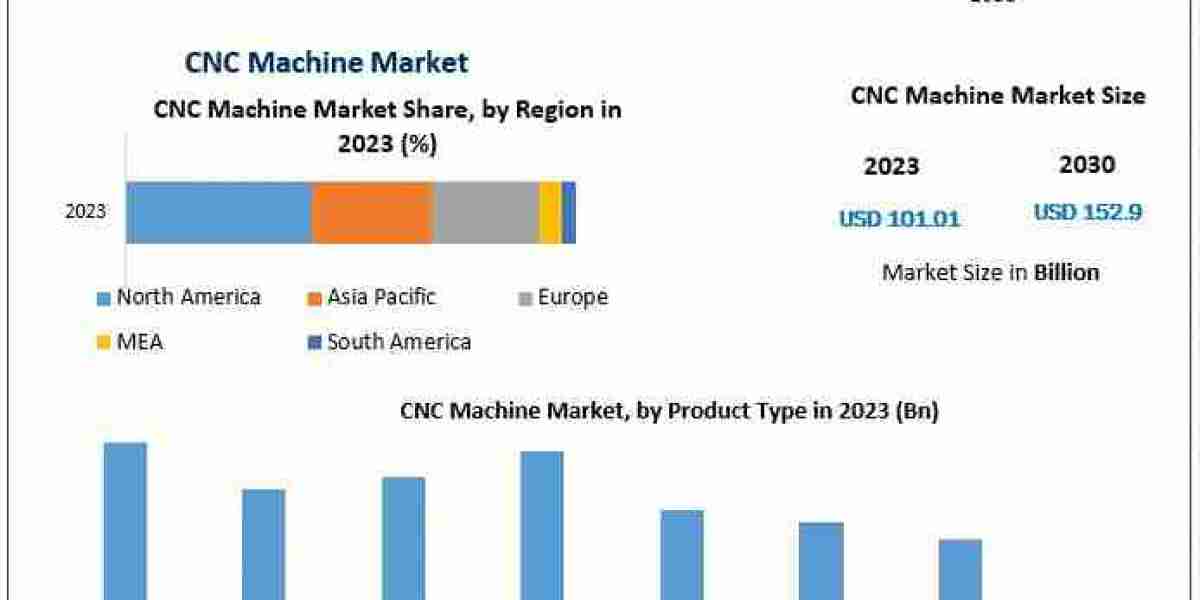In today’s rapidly evolving business landscape, companies are constantly striving for greater operational efficiency, enhanced decision-making, and improved overall performance. This is where Enterprise Resource Planning (ERP) software comes in. By seamlessly integrating various business functions into one unified platform, ERP solutions help organizations streamline their operations, reduce costs, and stay competitive. However, the successful implementation of ERP software requires expert guidance and support — this is where ERP software consulting services play a pivotal role.

What is ERP Software Consulting?
ERP software consulting is a service that assists businesses in selecting, implementing, and optimizing ERP systems to best suit their needs. ERP consultants bring in-depth knowledge and expertise in ERP platforms, processes, and industry-specific requirements, helping organizations navigate the complexities of ERP systems.
The role of an ERP consultant is not just limited to choosing the right software but extends to providing ongoing support, ensuring smooth transitions, and maximizing the return on investment (ROI) of the ERP solution. With an experienced ERP consultant by your side, you can ensure that the ERP system aligns with your business goals, improves workflows, and supports your long-term strategy.
Why You Need an ERP Consultant
Here are several reasons why partnering with an ERP software consultant is crucial for the success of your ERP implementation:
- Expertise in ERP Systems
ERP consultants possess comprehensive knowledge of various ERP platforms, from major providers like SAP, Oracle, and Microsoft Dynamics to niche industry-specific solutions. They help businesses choose the best ERP system based on factors like company size, industry, functionality requirements, and budget. - Customization and Tailoring
Every business is unique, and so are its ERP needs. A generic out-of-the-box ERP system might not always meet all the requirements of your business. ERP consultants assess your current workflows and business processes to recommend customizations that can be made to the software, ensuring it aligns perfectly with your organization’s needs. - Efficient Implementation
Implementing an ERP system can be a complex and time-consuming task, requiring careful planning, data migration, and process reengineering. A consultant guides you through every phase of the implementation, ensuring that the process runs smoothly and is completed on time, minimizing disruptions to your daily operations. - Change Management Support
ERP implementation often requires changes in business processes, employee roles, and workflows. This can lead to resistance from staff and confusion during the transition. ERP consultants help facilitate change management by training employees, addressing concerns, and fostering a culture of collaboration to ensure a smooth adoption. - Post-Implementation Support
After the ERP system is live, the work doesn’t stop there. ERP consultants provide ongoing support, troubleshooting issues, ensuring system updates, and offering insights to optimize the system over time. With their expertise, they ensure that the ERP solution continues to deliver value and improves your operational efficiency. - Maximized ROI
An ERP system is a significant investment, and an experienced ERP consultant ensures that this investment pays off. By fine-tuning the system, eliminating inefficiencies, and identifying opportunities for process improvements, ERP consultants help businesses unlock the full potential of their ERP solution.
The ERP Consulting Process
- Assessment and Planning
The first step in ERP consulting is a comprehensive assessment of your business needs. ERP consultants work closely with your team to understand your business processes, goals, challenges, and technology landscape. Based on this assessment, they develop a tailored ERP implementation plan. - Software Selection
With a clear understanding of your business needs, ERP consultants guide you through the process of selecting the right ERP software. They evaluate the functionality, scalability, cost, and industry-specific features of different solutions, recommending the best fit for your organization. - Customization and Configuration
Once the ERP software is selected, ERP consultants configure the system to match your specific business requirements. This includes customizing workflows, reporting, and dashboards to ensure the system supports the way your organization operates. - Training and Change Management
An essential part of any ERP implementation is training your team to use the new system effectively. ERP consultants provide training to your employees and create a strategy to manage change, ensuring that everyone is aligned and comfortable with the new system. - Go-Live and Support
The final phase of ERP implementation is the go-live stage, where the system is officially rolled out. ERP consultants oversee this process, ensuring that everything runs smoothly and the system is fully functional. After go-live, they continue to provide support and optimization services to ensure the system meets evolving business needs.
Key Benefits of ERP Software Consulting Services
- Reduced Risk of Failure
ERP implementations are complex, and without expert guidance, the risk of failure is high. ERP consultants bring industry knowledge and experience that reduces the risk of costly mistakes and ensures a smoother transition. - Improved Efficiency
By streamlining business processes and eliminating redundancies, ERP systems improve operational efficiency. ERP consultants ensure that the system is implemented in a way that maximizes these efficiencies, leading to faster workflows and reduced overhead costs. - Scalability and Growth
ERP consultants ensure that the chosen ERP system is scalable, enabling your business to grow without the need for significant reconfiguration. As your organization expands, the ERP system can be easily adapted to meet new demands. - Better Decision-Making
With real-time data and analytics provided by an ERP system, decision-making becomes more data-driven and accurate. ERP consultants help set up dashboards and reporting features that offer valuable insights into key performance indicators (KPIs), allowing your leadership team to make informed decisions. - Cost Savings
While ERP consulting services represent an investment, they ultimately lead to cost savings by ensuring the ERP system is implemented correctly, reducing inefficiencies, and driving better resource management.
Choosing the Right ERP Consultant
When selecting an ERP consultant, it’s important to consider factors like experience, industry knowledge, and the consultant’s ability to communicate effectively with your team. A trusted ERP consultant should not only have technical expertise but also an understanding of your industry and business culture.
Look for an ERP consulting firm that:
- Has a proven track record of successful ERP implementations.
- Understands your industry and the unique challenges it presents.
- Offers ongoing support to help you optimize your ERP system post-implementation.
- Provides clear communication, ensuring that you’re always informed and aligned throughout the process.
Conclusion
ERP software consulting services are an invaluable resource for businesses looking to improve efficiency, reduce costs, and enhance overall performance through the implementation of an ERP system. With the right ERP consultant, you can ensure that your ERP solution is tailored to your business needs, implemented efficiently, and optimized to deliver maximum ROI. Whether you are just starting with ERP or looking to improve an existing system, partnering with an experienced ERP consultant will set your business on the path to success.



